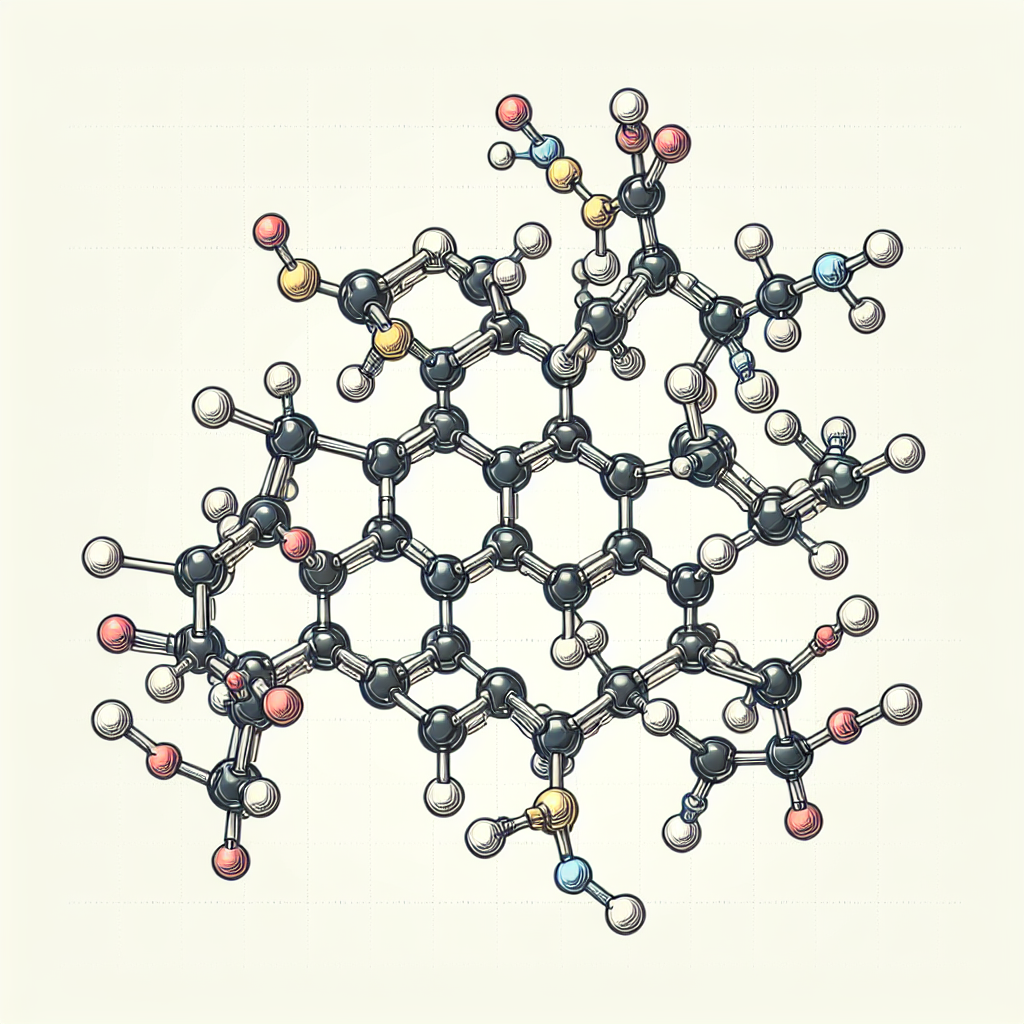AAP Issues Caution on Leucovorin for Autism Amid Growing Demand
The American Academy of Pediatrics advises against the routine use of leucovorin for autism due to insufficient evidence of its benefits and safety. Despite growing interest among parents, experts urge caution and additional research as the FDA evaluates approving the drug for related conditions.

The American Academy of Pediatrics (AAP) has announced that leucovorin, a form of vitamin B9, should not be routinely used in children with autism, citing a lack of supporting evidence regarding its benefits and risks. This announcement comes as parents express heightened interest following federal discussions on autism treatments.
The interest in leucovorin surged after it was mentioned in a White House press conference. The drug, initially developed by GSK for chemotherapy patients, is being eyed for use beyond its original purpose. While the FDA considers its approval for cerebral folate deficiency, links to autism treatment remain unsupported by extensive research.
Dr. Kristin Sohl of the University of Missouri emphasized the need for cautious use. Though the drug holds promise, many uncertainties exist, including its target population and appropriate dosing. The AAP stresses the importance of shared decision-making and close monitoring for adverse effects if prescribed for autism.
ALSO READ
-
Leucovorin Controversy: Autism Treatment Hope or Hype?
-
Autism NZ to Open Innovative Charter School for Neurodivergent Students in 2026
-
Revolutionizing Healthcare: Assam's New Cashless Treatment Facility
-
Railway Unions Demand Fair Treatment for Loco Pilots in SPAD Cases
-
Ex-Nepal PM Sher Bahadur Deuba Heads to Singapore for Medical Treatment After Gen Z Protests Injuries









